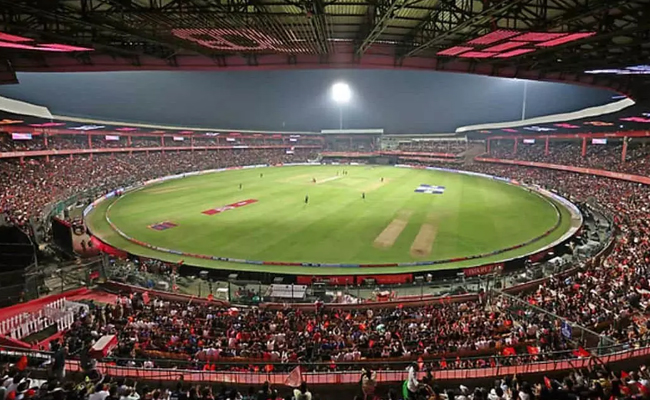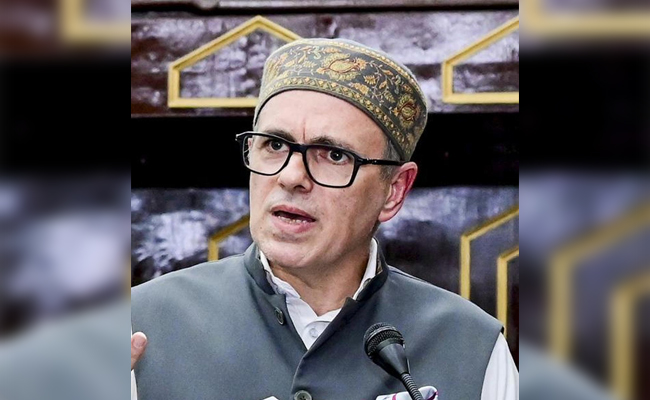Mangaluru: The pipeline supplying fuel oil from MRPL to NMPT found leaking near Adani company located on SEZ Road in Mangaluru on Tuesday night.
The incident took place on an underway that goes from Panambur’s Kudremukh Company to Jokatte via Phalguni River. The MRPL Company noticed the leakage yesterday whereas the leakage of the fuel oil was continuing from the past two-three days.
The MRPL Company has begun the operation on the spot and taken necessary measures to stop the leakage.
Oil leakage due to MRPL’s negligence: Muneer Katipalla
The pipeline, which supposed to be in the high observation, is leaking from the past several days but it came to the company’s notice only before two days. Besides, the company has not yet been able to identify the specific location of the leakage. This has led to creating the dangerous environmental condition. The negligence of MRPL is the main reason behind this incident, DYFI Karnataka state president Muneer Katipalla alleged.
MRPL's response - MRPL commented on the VB report as follows :
This is to clarify on the reports of oil leakage from MRPL pipeline. "During a routine pipeline corridor inspection from MRPL to NMPT jetty, MRPL officials had noticed oil traces on the surface near Adani Wilmar on MSEZ road, The source of the oil is not yet established. It is noticed that waste material is being illegally dumped on the vicinity of our pipeline corridor. The possibility of dumping of waste oil by unknown persons in the vicinity of our pipelines is not yet ruled out. To eliminate the possibility of leak from MRPL's underground pipelines, the company has started excavation of the area. So far no leak from the pipeline has been observed. "






Let the Truth be known. If you read VB and like VB, please be a VB Supporter and Help us deliver the Truth to one and all.
Bengaluru (PTI): Defending champions Royal Challengers Bengaluru will play five of their home matches at the M Chinnaswamy Stadium here and the remaining two fixtures at Raipur's Shaheed Veer Narayan Singh International Stadium in the upcoming IPL, the franchise said on Tuesday.
The announcement ended doubts about whether the IPL 2025 winners would be able to play at their home ground, the M. Chinnaswamy Stadium, following the stampede that killed 11 fans after RCB's maiden title win.
Since that tragic indecent, the venue has not hosted any major domestic matches including the Ranji Trophy, Vijay Hazare Trophy or even the Maharaja Trophy KSCA T20.
"This significant development comes after months of hard work and close coordination across all concerned authorities with a common goal of bringing the games back to home ground for the fans," RCB said in a release.
"RCB extends its sincere gratitude to the Government of Karnataka, the Karnataka State Cricket Association and the Karnataka Police for their unwavering guidance, cooperation and support in facilitating the hosting of matches in Bengaluru."
"The collective efforts to ramp up infrastructure and safety measures in time for the IPL season have ensured that the defending champions will play the majority of their home games in their home ground," the franchise added.
The franchise said that the two "home matches" in Raipur will be as "per prior commitment."
RCB CEO Rajesh Menon said the fans deserve to watch their team compete at home.
"The M. Chinnaswamy Stadium is more than just our home ground it is where our identity as a team truly comes alive," he said.
"The energy our fans bring to Bengaluru has always been a driving force for our players, inspiring them through every phase of the game. Our fans have stood by us unconditionally, and they deserve the opportunity to watch their team compete at home."
"After detailed discussions and completing the necessary due process around permissions, we are pleased to confirm that RCB will play five matches in Bengaluru. We sincerely thank the Government of Karnataka, the KSCA, and the Karnataka Police for their support in making this possible," Menon added.





